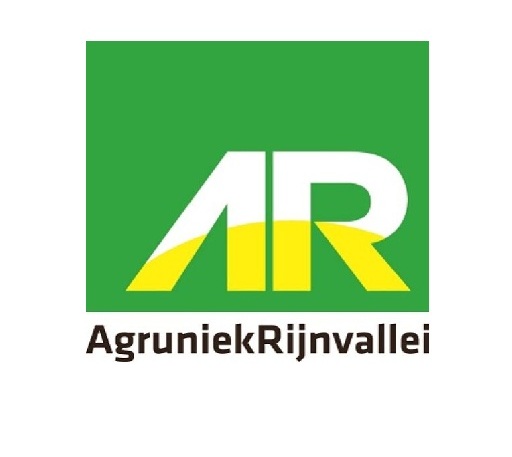Total Mushroom Service is owned by Jeroen van Lier and is a Dutch-based company with over 25 years of experience in the mushroom composting and production industry. The company offers independent and unbiased advice, training courses and more to support composting and mushroom production.
Transitioning from Phase I or Phase II compost to Phase III compost in mushroom growing operations offers significant advantages but also presents challenges. Companies often struggle with this conversion due to the different requirements and processes involved in producing and handling fully incubated (Phase III) compost.
Benefits of fully incubated compost:
- Faster growing schedule: Using Phase III compost reduces the growing cycle from 8-9 weeks to 5-6 weeks, leading to a higher annual output of mushrooms.
- Higher yield: Phase III compost typically yields about 10% more mushrooms per tonne compared to compost incubated in growing rooms.
- Energy efficiency: It is more energy-efficient to control compost activity in a tunnel than in a growing room, as tunnels facilitate better air circulation in the compost.
- Reduced infection risk: Incubating compost in a tunnel's closed environment minimises the risk of contamination.
- Efficient filling process: Filling growing rooms with Phase III compost allows for simultaneous filling and casing, streamlining operations.
- Improved supplement mixing: Supplements are integrated into the compost more effectively during the tunnel unloading process; this results in a higher quality mushroom and increases production (10%).
Adjusting the Phase I process for tunnel incubation:
To ensure successful tunnel incubation, the Phase I composting process must be adjusted to maintain the compost's structure, which is crucial for even airflow and mycelium growth.
1. Compost structure:
- Use straw of a good length and toughness to preserve compost structure.
- Use machinery that mixes compost without damaging the straw's structure.
2. Composting schedule:
- Perform most mixing early in the Phase I process when the straw is still tough.
- Avoid mixing during the last 4-5 days of Phase I to maintain compost structure and ensure even blending.
Filling weight in tunnels:
Tunnels are typically designed for a maximum filling weight of 1400 kg per square meter. Exceeding this limit can lead to uneven airflow, adversely affecting compost quality.
While some might try using larger fans to compensate, standard fans often yield the best long-term results.
Source article and photo: Jeroen van Lier from Total Mushroom Service





















